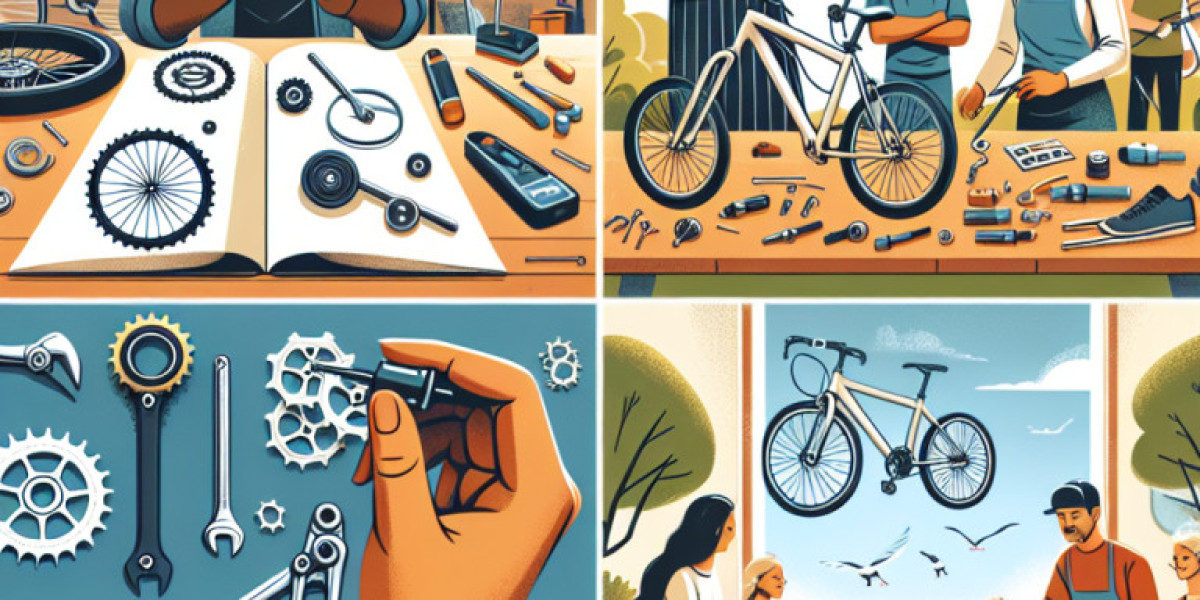Navigating the World of Mobility Scooters in the UK
Mobility scooters have actually ended up being a vital tool for lots of in the United Kingdom, using a useful and dignified solution for individuals with mobility issues. These scooters not only improve the lifestyle for their users but likewise offer a sense of self-reliance and freedom. This comprehensive guide aims to supply an overview of mobility scooters in the UK, including their benefits, types, acquiring factors to consider, and upkeep pointers.
Intro to Mobility Scooters
A mobility scooter is a battery-powered lorry developed to assist people with strolling difficulties or minimal mobility to walk around more quickly. Unlike manual wheelchairs, which require significant physical effort, mobility scooters are easy to operate and can be utilized both indoors and outdoors. They are especially helpful for older adults and people with disabilities, enabling them to travel longer ranges and navigate different surfaces with ease.
Benefits of Mobility Scooters
Independence and Freedom
- Mobility scooters empower users to travel individually, minimizing the requirement for support from others.
- They can be utilized for everyday activities such as shopping, visiting pals, or attending social events.
Affordable
- While there are initial costs, mobility scooters can be a cost-efficient option to other mobility aids, especially gradually.
- Many designs are readily available for lease or lease, providing versatility for users with varying requirements.
Comfort and Safety
- Scooters are created with ergonomic seats and adjustable features to make sure convenience throughout extended periods of usage.
- Safety features such as lights, horns, and braking systems enhance user self-confidence and security.
Social Inclusion
- By making it possible for individuals to take part in neighborhood activities, mobility scooters promote social inclusion and lower sensations of seclusion.
Health Benefits
- Routine use of a Mobility scooters Uk scooter can help keep physical health by encouraging users to stay active and engaged.
Kinds Of Mobility Scooters
Mobility scooters in the UK be available in various types, each created to accommodate various needs and choices:
Class 2 Scooters (Pavement Scooters)
- Speed: Up to 4 miles per hour
- Use: Designed for usage on pavements and within indoor spaces
- Benefits: Compact and light-weight, perfect for brief ranges and daily errands
Class 3 Scooters (Road and Pavement Scooters)
- Speed: Up to 8 mph on roads and 4 miles per hour on pavements
- Use: Suitable for longer journeys and can be used on both roadways and pavements
- Benefits: More robust and capable of managing different surfaces, consisting of rough surfaces and inclines
Off-Road Scooters
- Speed: Varies, however typically greater than Class 2 and Class 3 scooters
- Use: Designed for off-road use, including parks, tracks, and unequal surfaces
- Advantages: Enhanced resilience and traction, perfect for adventurous users
Travel Mobility Scooters
- Speed: Varies, however generally up to 4 miles per hour
- Usage: Portable and easy to dismantle for transport
- Benefits: Perfect for users who take a trip regularly and need a portable option
Acquiring Considerations
When buying a mobility scooter, numerous aspects must be thought about to ensure the best fit for the user's requirements:
User's Physical Condition
- Weight Capacity: Ensure the scooter can support the user's weight.
- Height and Reach: Choose a model that is adjustable to fit the user's height and reach easily.
Meant Use
- Indoor/Outdoor: Determine if the scooter will be utilized mainly inside, outdoors, or both.
- Terrain: Consider the type of terrain the user will browse, consisting of any hills or rough surface areas.
Battery Life and Range
- Battery Type: Lithium-ion batteries are generally more efficient and longer-lasting than lead-acid batteries.
- Range: Check the scooter's range to guarantee it satisfies the user's everyday travel needs.
Safety Features
- Brakes: Look for scooters with reputable braking systems.
- Lights and Horns: Essential for presence and alerting others.
Guarantee and Customer Support
- Service warranty: Ensure the scooter features a thorough guarantee.
- Client Support: Choose a respectable producer with excellent client service and support.
Upkeep and Safety Tips
Correct upkeep is crucial to guarantee the durability and safety of a mobility scooter:
Regular Battery Checks
- Charging: Always keep the battery credited prevent deep discharge.
- Cleaning: Keep the battery compartment clean and complimentary from dirt and wetness.
Tire Maintenance
- Inflation: Regularly check and keep proper tire pressure.
- Evaluation: Inspect tires for wear and damage, changing them as needed.
Tidy and Lubricate
- Cleaning: Wipe down the scooter frequently to keep it devoid of dirt and grime.
- Lubrication: Lubricate moving parts to prevent rust and make sure smooth operation.
Security Checks
- Brakes: Test the brakes routinely to guarantee they are functioning properly.
- Lights and Horns: Check that all security functions are functional.
Follow Manufacturer Guidelines
- Manual: Refer to the user handbook for specific maintenance guidelines.
- Service: Schedule regular service checks with a certified service technician.
Often Asked Questions (FAQs)
Can anyone use a mobility scooter?
- No, only individuals with a medical need or disability are eligible to utilize a mobility scooter on public roads and pavements in the UK. Nevertheless, they can be used by anybody on private residential or commercial property.
Do I need a license to drive a mobility scooter?
- No, a license is not needed to utilize a Class 2 or Class 3 mobility scooter. Nevertheless, users need to be over 14 years of ages and have an authentic requirement for the scooter due to a disability or medical condition.
How quickly can a mobility scooter go?
- Class 2 scooters have a maximum speed of 4 miles per hour, while Class 3 scooters can reach up to 8 miles per hour on roadways and 4 miles per hour on pavements.
Can I take a mobility scooter on public transportation?
- Some public transport, such as trains and buses, might permit mobility scooters, however it depends on the particular service and the size of the scooter. It's best to talk to the transportation company beforehand.
What is the lifespan of a mobility scooter?
- With proper upkeep, a mobility scooter can last several years, typically between 5 and 10 years.
Can I get monetary support to buy a mobility scooter?

- Yes, monetary support may be offered through the Disabled Facilities Grant (DFG), local authorities, or charitable companies. Furthermore, some insurance providers may cover part of the cost.
Mobility scooters are a valuable help for individuals with mobility issues in the UK, offering a variety of take advantage of increased independence to improved social involvement. By thinking about the user's needs, the desired use, and the scooter's features, one can select the ideal design to enhance their quality of life. Routine upkeep and adherence to security guidelines are vital to guarantee the scooter remains a trusted and safe mode of transport. For those who certify, financial assistance may be available to make the purchase more inexpensive. Whether for daily use or occasional trips, a mobility scooter can significantly improve the user's capability to browse the world with confidence and ease.
Extra Resources
- Mobility Aids UK: A detailed directory of mobility help and scooters.
- NHS Choices: Information on mobility aids and monetary assistance.
- Disability Living Allowance (DLA): Guidance on making an application for financial backing for disability-related costs.
By exploring these resources and thinking about the points detailed in this guide, individuals can make an educated choice about buying and using a mobility scooter in the UK.


